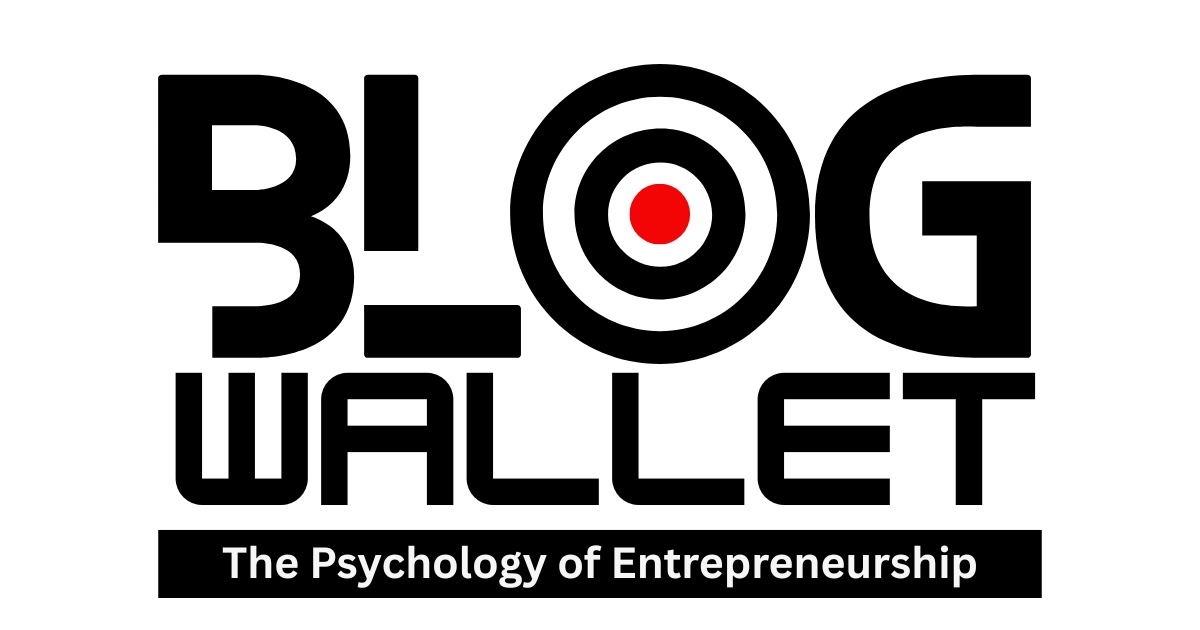
KeyBank’s 2025 Small Business Survey reveals that approximately 23% of small business owners are currently operating in survival mode, indicating they are primarily focused on immediate challenges rather than long-term growth planning. Nearly half (46%) reported that their business performance in 2025 fell short of expectations, highlighting the ongoing economic pressures these businesses face[1][2][3].
Inflation and rising costs stand out as the top concern for 50% of respondents, significantly outranking worries about competition, cash flow, or labor shortages. This inflationary pressure is compounded by tariffs that have led about 25% of small businesses to raise prices for customers in an attempt to offset increased expenses. The uncertain tariff landscape has caused anxiety among business owners due to unpredictable trade policies and concerns about passing higher costs onto consumers[1][3][4].
Cybersecurity also remains a critical issue, with 41% of small business owners citing payment fraud as their primary cybersecurity concern. Other notable risks include phishing and email scams (27%) and identity theft (26%), underscoring the increasing need for robust cybersecurity measures within small businesses[1][2][3].
Despite these challenges, 40% of small business owners are cautiously planning for the future, and 46% feel confident they could cover one month of operating expenses in an emergency. While this is a slight decline from 49% the previous year, it suggests a focus on maintaining financial stability and resilience amid uncertainty.
KeyBank is supporting small businesses through programs like the Certified Cash Flow Advisor Program, which offers expert guidance to help business owners better manage cash flow and financial challenges. This proactive approach is essential for helping small businesses transition from survival mode toward sustainable growth[1].
Overall, these findings reflect a small business sector grappling with inflation, tariff impacts, and cybersecurity risks while demonstrating adaptability and cautious optimism. Understanding these pressures is key for financial advisors, policymakers, and service providers aiming to strengthen the small business economy moving forward.
Source: Read the original article

